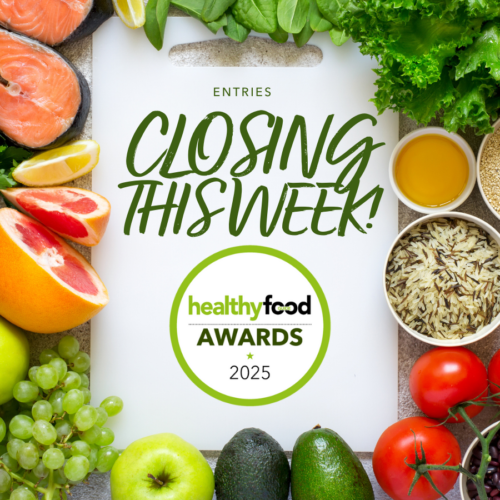
Do we need multivitamins to keep our nutrient stores topped up? Dietitian Katrina Pace takes a look.
Although there’s no recent information for New Zealand, research from Australia suggests around 43 per cent of adults take nutritional supplements, and multivitamin and mineral supplements (MVMS) are the most widely used.
If you are eating a well-balanced, healthy, varied diet and have no increased nutritional requirements, it’s likely you’re getting all the vitamins and minerals you need from your food. However, the quality of our food, the soil it’s grown in and how our body processes the nutrients in our food can all put us at risk of not getting quite enough. But is this enough reason for us to pop a tablet every day?
What’s in MVMS?
Often thought of as an insurance policy in a tablet, MVMS may contain a range of not only vitamins and minerals but herbal compounds too. There’s no standard formulation for MVMS, what they contain or how much they contain, which can make life confusing.
On the retail shelf, you’ll see everything from basic MVMS to those formulated for specific groups of people, such as men or teens; lifestyles, such as being busy; or specific purposes, such as sugar control, eye health or memory.
Some supplements contain at or near the daily recommended dietary intake (RDI) for most nutrients, however, some contain far above these levels.
When you might benefit from MVMS There isn’t sufficient research evidence to know whether these can be used in the prevention of diseases, but there are some groups of people who may benefit from taking MVMS:
- Pregnant women
- Those with limited nutritional intake caused by such things as food allergies or intolerances or poor Appetite
- People with malabsorption conditions, such as inflammatory bowel disease, coeliac disease, short Bowel syndrome or after bariatric surgery
- People with increased nutritional needs, such as with wound healing, repeated infections, cancer and times of growth and development.
What’s the evidence?
Research on the effectiveness of using MVMS has given contradictory results. But information from dietary surveys tells us that correcting micronutrient deficiencies can have health benefits.
- According to international consensus, the following can help us identify what to look for in a multivitamin and mineral supplement.
- The supplement contains at least the micronutrients that are likely to be underconsumed in your country, and in amounts that are around the recommended intake.
- In New Zealand, this may be vitamin D, iodine, selenium, calcium, zinc and, for vegetarians and vegans, vitamin B12. Any shortfall will depend on your age and stage as well as your diet and lifestyle.
- For MVMS that are targeted to certain groups, some micronutrients may be supplemented to levels higher than recommended for others.
- Long-term use, with micronutrients not above upper limits, is safe in adults.
- You may need to find out what the recommended upper limits are.
What to check for
Taking a once-daily simple multivitamin and mineral dose, with no added herbal compounds, ought to be safe for as long as you choose. However, it’s always worth checking with a dietitian or pharmacist.
Check for the addition of any herbal compounds to your supplement. Ask your pharmacist what they are and whether they interact with any other medication you take.
Check for dose sizes and see whether they’re in any other supplement or medication you take. It can be easy to add up to too much if you take several supplements.
Article sources and references
- Blumberg JB et al. 2018. The use of multivitamin/multimineral supplements: A modified delphi consensus panel report. Clinical Therapeutics 40:640-57https://www.ncbi.nlm.nih.gov/pubmed/29573851
- O’Brien SK et al. 2017. The prevalence and predictors of dietary supplement use in the Australian population. Nutrients 9:1154https://www.ncbi.nlm.nih.gov/pmc/articles/PMC5691770/
- National Institutes of Health. 2015. Multivitamin/mineral Supplements, ods.od.nih.gov/factsheets/MVMS-HealthProfessional Accessed October 2018https://ods.od.nih.gov/factsheets/MVMS-HealthProfessional/
www.healthyfood.com











